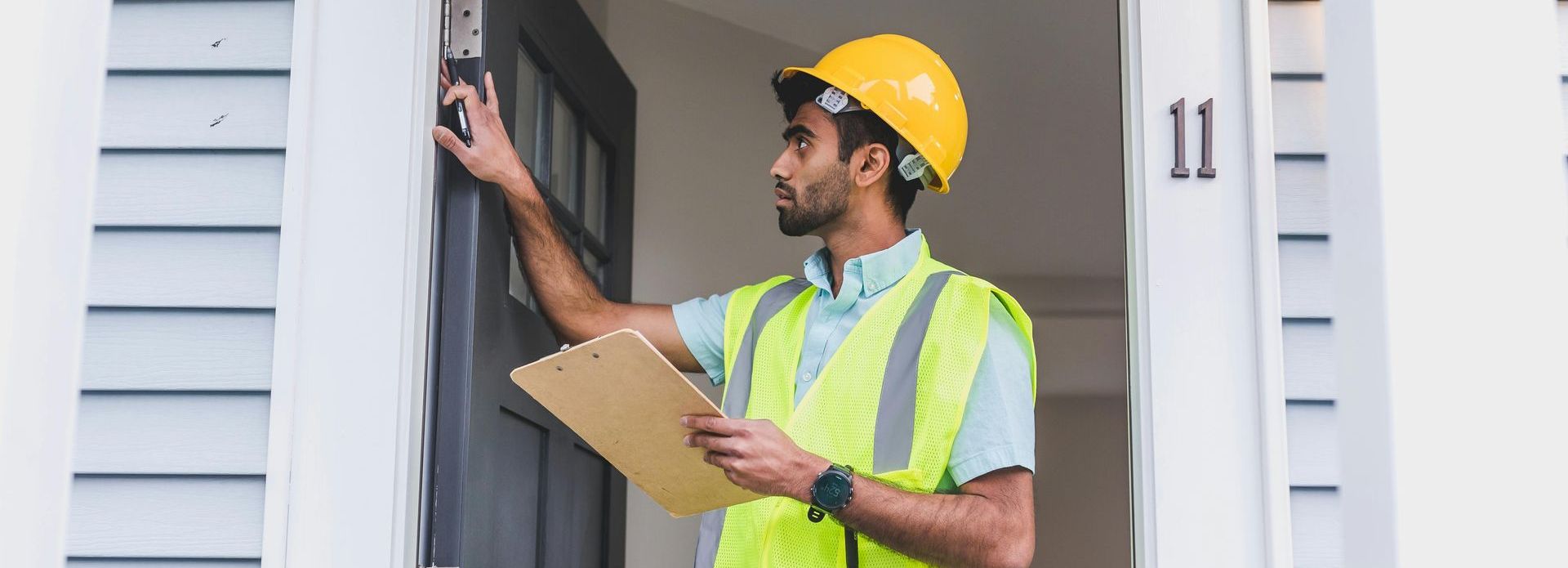What do Home Inspectors do?
What Do Home Inspectors Do? A Comprehensive Guide to Home Inspections

Are you buying a new home? Planning to sell? Curious about the condition of your current property? Home inspectors play a vital role in ensuring the safety, integrity, and value of a home. A professional home inspection is one of the most important steps in the home-buying and selling process, as it provides a thorough evaluation of a property's structure, systems, and components.
In this blog, we’ll walk you through what home inspectors do, why their services are essential, and how a home inspection can help you make informed decisions.
What Is a Home Inspection?
A home inspection is a detailed evaluation of a property's condition. During this process, a certified home inspector conducts a thorough examination of the property's accessible areas, identifying potential problems, safety hazards, and maintenance needs. This assessment typically covers structural components, electrical systems, plumbing, HVAC, roofing, and more.
Key Responsibilities of a Home Inspector
Home inspectors follow a rigorous checklist to provide a detailed assessment of a property. Here are some of the primary tasks they perform:
1. Evaluate Structural Integrity
- Foundation: Inspect for cracks, shifting, or water damage that may affect a home’s stability.
- Walls, Ceilings, and Floors: Look for issues like sagging, cracks, or other signs of structural damage.
- Roof and Attic: Check for leaks, damaged shingles, and insulation issues that may impact energy efficiency.
2. Examine Exterior Components
- Siding and Exterior Walls: Inspect for weathering, cracks, or other damage.
- Windows and Doors: Check for proper sealing, alignment, and insulation.
- Decks, Patios, and Railings: Ensure these areas are secure and meet safety standards.
3. Inspect Plumbing Systems
- Pipes and Faucets: Examine for leaks, corrosion, and water pressure issues.
- Water Heater: Assess the age, functionality, and potential maintenance needs.
- Bathrooms and Kitchens: Test fixtures and drainage for proper functioning.
4. Evaluate Electrical Systems
- Wiring: Look for outdated wiring, exposed connections, or potential hazards.
- Circuit Breaker Panel: Check that it is properly labeled and free of electrical issues.
- Outlets and Light Fixtures: Test to ensure they are in working order and safe.
5. Assess HVAC Systems
- Heating System: Inspect for age, function, and potential energy inefficiencies.
- Air Conditioning: Check cooling efficiency, age, and overall condition.
- Ventilation: Ensure proper airflow and verify there is no mold or mildew present.
6. Identify Safety Hazards
- Home inspectors also look for visible safety issues, such as the presence of radon, carbon monoxide risks, or asbestos in older homes. If they spot any hazardous materials, they may recommend further testing by specialists.
Why Are Home Inspections Important?
A home inspection is invaluable in the home-buying process. Here are some key reasons to consider one:
- Informed Decision-Making: A home inspection helps buyers understand the true condition of a home, avoiding costly surprises after closing.
- Negotiation Power: If issues are found, buyers can negotiate repairs or request a price reduction.
- Maintenance Planning: An inspection provides valuable insights for homeowners to plan for maintenance and repairs over time.
- Seller Confidence: For sellers, a pre-listing inspection can identify potential issues, allowing them to address concerns before listing and sell their home more confidently.
How Long Does a Home Inspection Take?
The duration of a home inspection depends on factors like the size, age, and condition of the home. On average, a standard inspection for a single-family home can take between two and four hours. The inspector will provide a detailed report, usually within 24 to 48 hours, that outlines their findings and recommendations.
Common Misconceptions About Home Inspections
- A Home Inspection Isn’t a Pass/Fail Test: The inspector doesn’t “pass” or “fail” a home but rather documents its current condition.
- Not All Inspections Cover Every Aspect: Some specialized inspections (like for pests or mold) may require additional expertise.
- The Inspector Isn’t There to Find Cosmetic Flaws: Home inspectors focus on the home’s structure and systems, not aesthetic details.
Finding a Qualified Home Inspector
When looking for a reputable home inspector, consider factors like certifications, reviews, and experience. Qualified home inspectors should be licensed, insured, and knowledgeable about local building codes and standards.
Final Thoughts
Hiring a professional home inspector is one of the most prudent steps in the home-buying or selling process. By providing a comprehensive assessment of a property’s condition, a home inspection allows buyers, sellers, and homeowners to make informed decisions and avoid costly surprises. Whether you're a buyer, seller, or homeowner, a thorough home inspection can offer peace of mind and a clear understanding of the property.
Are you ready to learn more about what a home inspector can do for you? Schedule a home inspection with Local Pro Home Inspection LLC today and take the first step toward securing your home’s future.
You might also like









